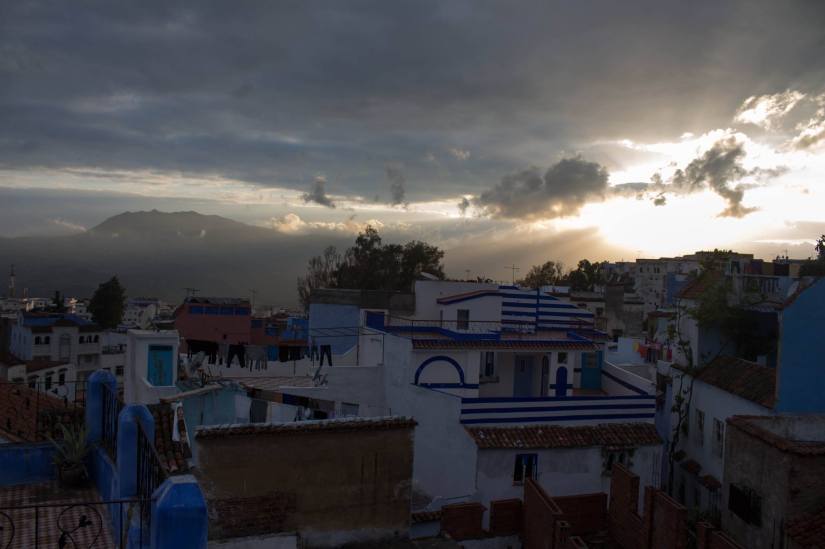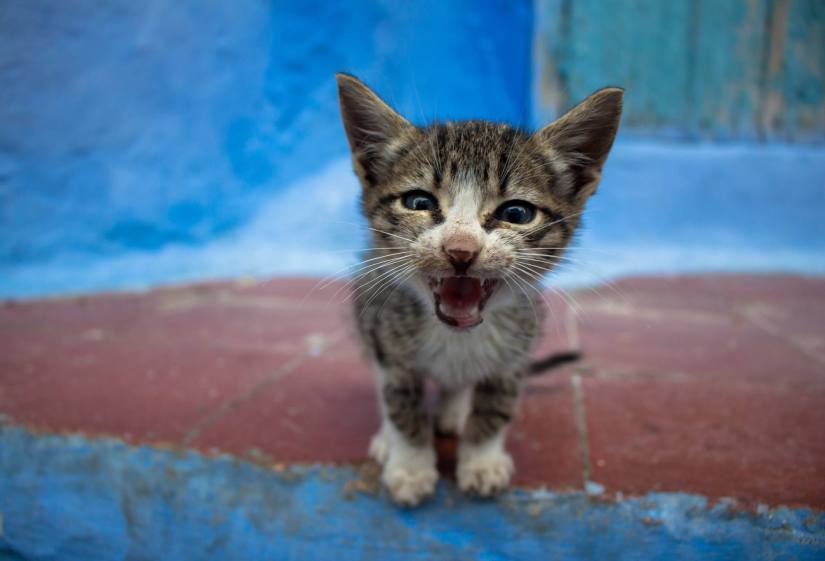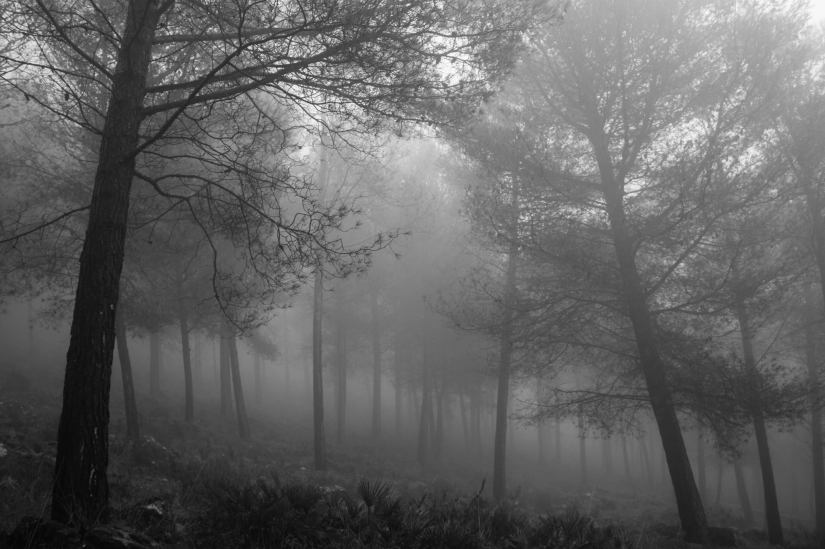
On this post, photos are by photographer and musician Maeve Brayne
The first drop of tea splashes into the glass, spiralling down from a burnished teapot half a metre above. A neat flick of the wrist, and the pouring stops. The aroma of mint tea and incense fills the air: Morocco’s sweet, heady fragrance.
It’s a rainy morning in Chefchaouen, where the Rif Mountains exhale their frosty breath on to the valley below. Rivulets of water stream down the steep, cobbled streets of the cobalt-blue medina, still quiet except for a few mewling kittens splashing arounds in the deluge.
Nestled in the north of Morocco, the tertiary, mountainous landscapes encircling Chefchaouen are a far cry from the ochre Sahara in the South. Up here, daily rhythms are set by the Rif Mountains; the Atlas’ moodier younger sister. Unpredictable outbursts mean swollen raindrops that drench the fertile plains beneath the peaks. Yet it’s the temperamental weather that imbues the little town with its otherworldly charm.
A sorcerer has cast a spell on these labyrinthine streets, where the mist obscures vision. Enchanted, visitors take furtive footsteps through the enticing yet elusive passages leading to nowhere. Chefchaouen invites you into its blue-hued folds; getting lost has never been so dream- like. As I meander on my path, my mind wanders too. What lies behind the hobbit-sized doorways? Who lives in the heart of this town, surrounded by metres of ancient, painted blue stone? Yet I have a feeling Chefchaouen never reveals its secrets, the source of its mysticism is known just to just a few.
As we sip our tea, a carpet trader hangs out his wares for the day. He’s one of just a few traders on a Friday, the Islamic holy day. His shop is a visual treasure trove, a Moroccan mirage of magic carpets woven in the colours of the country’s landscapes. Shades of cinnamon, cumin and turmeric conjure up the sculpted spice stacks of the Souks and Berber patterns are hand-stitched in turquoise silk. Outside the shop, sacks of coloured powder in shades of lavender, bluebell and electric blue betray the origins of the town’s much-photographed walls.
Clad in the thick wool of his hooded djellaba, the carpet trader stares back at us. His dark, wind-burnished face is unreadable. Suddenly, he winks and cracks into a toothy, warm smile.
‘Marhaba.’ The rolling Arabic greeting is soft and sonorous in the morning drizzle.
Under the table, a kitten pounces on its prey. A second later, a waiter arrives with piles of bread, jewel-toned jam and dripping, golden honey. Breakfast is served.





Are you there now ??? Gorgeous writing ✍️ So sensuous
Hope to see you tomorrow 😘😘😘
Sent from my iPhone
>
LikeLike
Sent from my iPhone
Begin forwarded message:
> From: Rosemary Roscoe > Date: 11 April 2018 at 12:16:00 BST > To: Caroline Roscoe , carolyn crawshaw > Subject: Fwd: please could you send me the excerpt in Spanish > > > > ———- Forwarded message ———- > From: Home Renaissance Foundation > Date: Wednesday, April 11, 2018 > Subject: Re: please could you send me the excerpt in Spanish > To: Rosemary Roscoe > > > Here you are: > > Neil Mercer (Lancashire, 1948) director del centro de Oratoria de la Universidad de Cambridge: > > “La calidad de las conversaciones que los niños escuchan en casa influye en sus resultados académicos” > > Cuando los niños llegan al colegio, su forma de hablar se basa en la experiencia que han tenido en casa, y eso varía mucho de unas familias a otras, no tienen por qué haber aprendido las herramientas que necesitan. > > Es en la familia donde aprenden a hablar, sus primeros diálogos. La lengua que experimentan será la base de lo que son capaces de expresar. > > Puede que nunca hayan escuchado una conversación de calidad, bien construida y con argumentos ordenados, o que no les hayan pedido que expliquen sus ideas de forma clara. Muchos padres no les animan a intentarlo. Suele estar asociado a una desventaja socio económica. > > Algunos niños serán muy buenos incluso respetando los turnos de palabra, otros sentirán miedo de tener que hablar en público. Para muchos de ellos, la escuela y los profesores son su única segunda oportunidad para desarrollar su oratoria. > > Como profesor nunca debes menospreciar tu influencia en los niños. La forma en la que aprenden a hablar depende, en muchos casos, de la manera en que el docente se dirige a ellos. > > https://elpais.com/economia/2018/03/26/actualidad/1522064879_829810.html?rel=mas > > > > > > >>
LikeLike